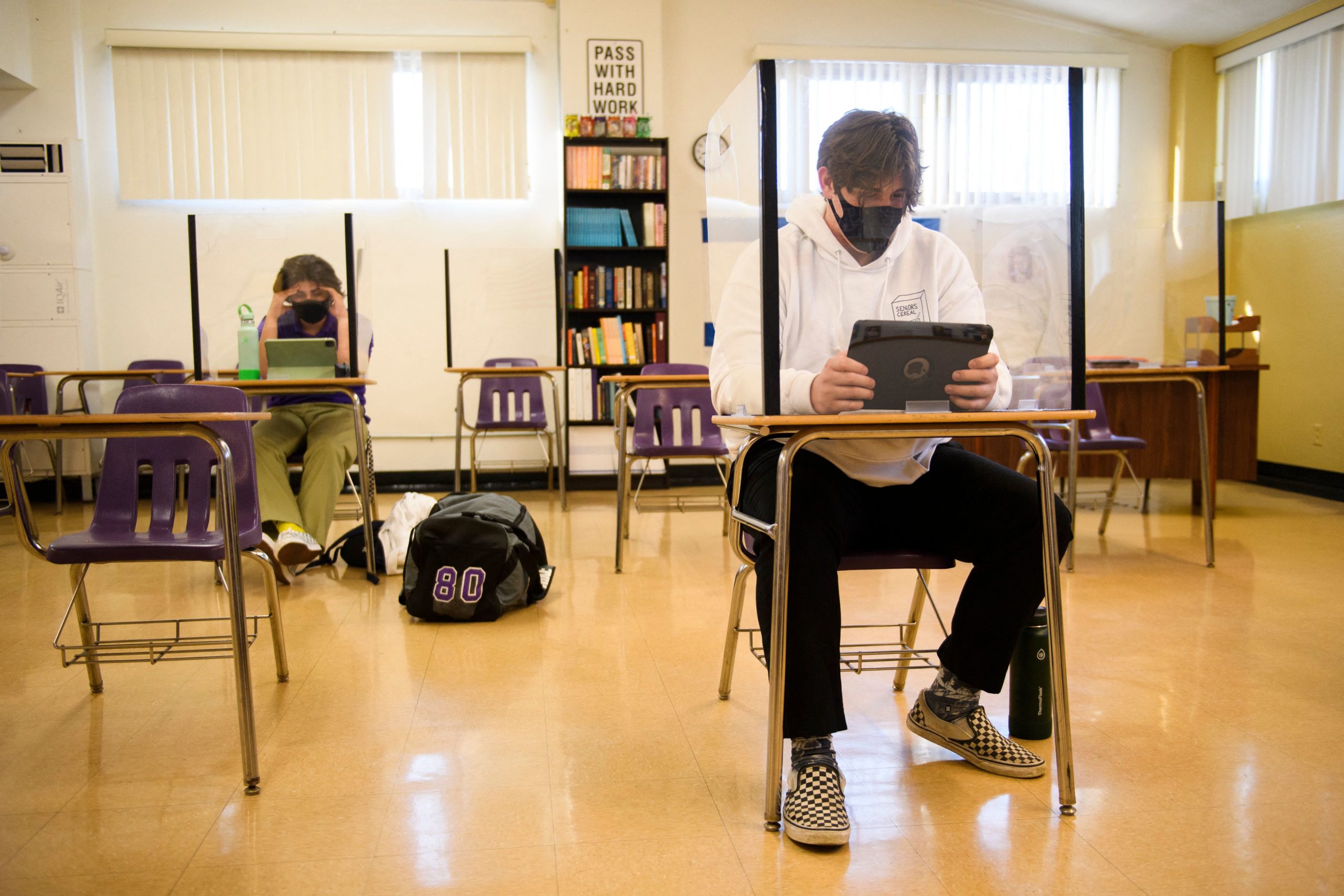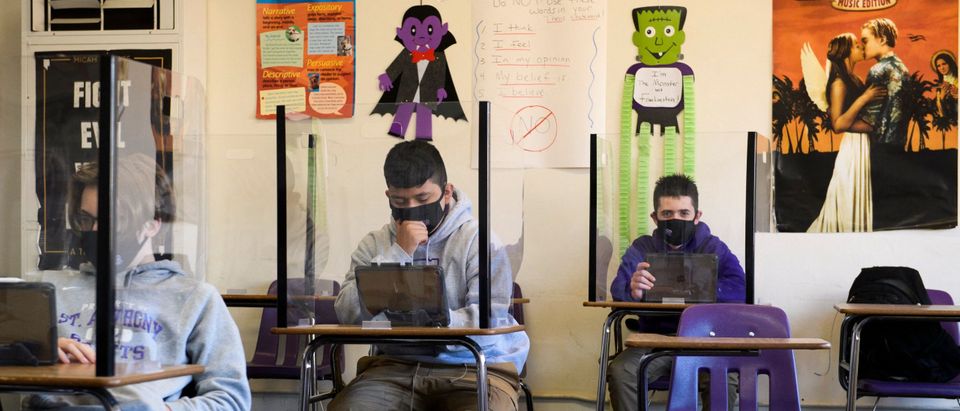UPDATE: This story has been updated to include comments from ACT.
New high school graduates have scored the lowest since 1991 on the American College Testing (ACT) exam, a college admissions test, according to a Wednesday report.
High school graduates from the class of 2022 averaged a 19.8 out of 36 on the ACT, the first time the average score of students has been below 20 in more than 30 years, according to an ACT report. Approximately 42% of the graduate test takers failed to meet the benchmark scores in English, reading, science and math. (RELATED: Here’s How Much Pandemic Learning Loss Is Costing School Districts)
“This is the fifth consecutive year of declines in average scores, a worrisome trend that began long before the disruption of the COVID-19 pandemic and has persisted,” Janet Godwin, ACT CEO said in a press release. “The magnitude of the declines this year is particularly alarming, as we see rapidly growing numbers of seniors leaving high school without meeting the college-readiness benchmark in any of the subjects we measure.”
Students who meet earn a benchmark score in any four categories on the exam have a 75% chance of earning a C grade in the corresponding subject and a 50% of earning a grade of B, the report stated.
High school graduates in 2021 averaged a score of 20.3 on the ACT, the report showed. Roughly 38% of 2021 high school graduates failed to meet any subject benchmarks on the exam.
“Test scores should be considered as one of multiple measures of college readiness, alongside other valid indicators such as high school coursework and grades,” Rose Babington, ACT senior director for state partnerships, told the Daily Caller News Foundation in a statement. “ACT will continue to focus on expanding education opportunity for all, including students of color, students from low-income families, those who would be the first in their families to attend college, and students in rural areas.”

Students sitting behind barriers work on Apple iPad tablets as they return to in-person learning at St. Anthony Catholic High School during the Covid-19 pandemic on March 24, 2021 in Long Beach, California. (Photo by PATRICK T. FALLON/AFP via Getty Images)
The scores reinforce a September report from the National Assessment of Educational Progress which announced that high school math and reading levels in 2022 dropped back nearly two decades. Reading scores are the same as they were in 1990 and math scores saw their first drop in history.
“Educators, policymakers, school systems, state leaders, and families can look to this assessment data to help understand the impact of school-related closures and learning disruptions during the pandemic, and support the students who were affected, Babington told the DCNF. “But these score declines are also indicative of systemic failures that predate the pandemic and can only be addressed through collective, national action that includes engaging all stakeholders.”
School districts that stayed remote the longest during the COVID-19 pandemic, rather than returning to in-person learning, suffered the largest learning loss.
All content created by the Daily Caller News Foundation, an independent and nonpartisan newswire service, is available without charge to any legitimate news publisher that can provide a large audience. All republished articles must include our logo, our reporter’s byline and their DCNF affiliation. For any questions about our guidelines or partnering with us, please contact licensing@dailycallernewsfoundation.org.


